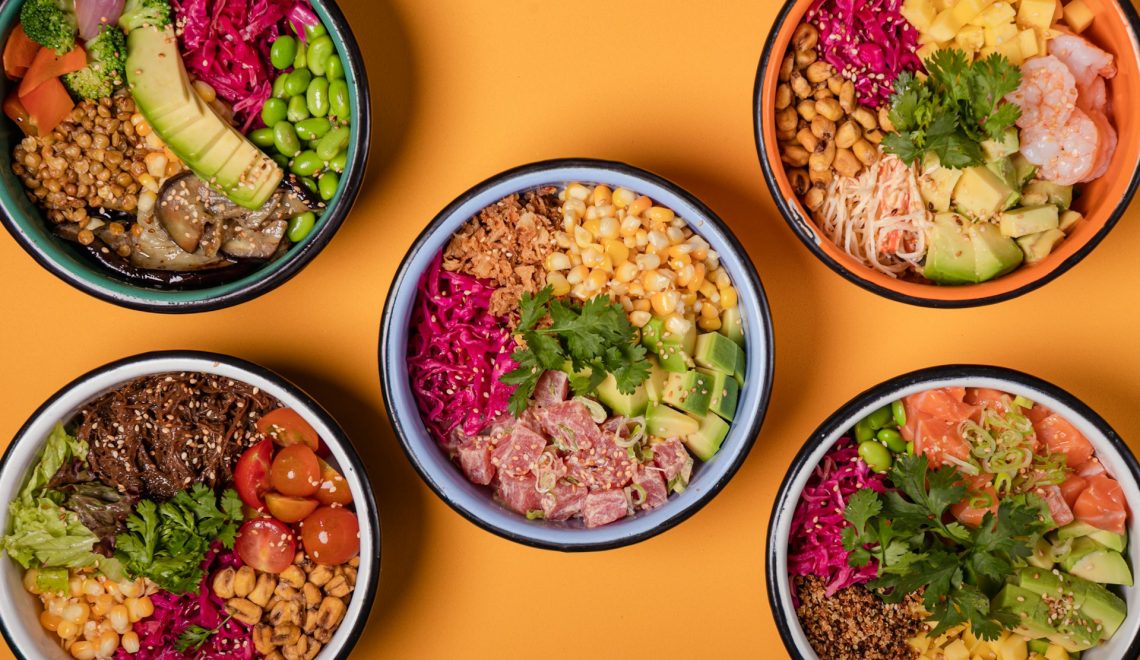How to Pick the Right Meal Plan Based on Your Lifestyle

Choosing the right meal plan is essential for a healthy and fit life. With so many options, finding the right fit can feel intimidating. Your choice is primarily determined by diet, time, and general preference. This guide provides simple tips on how to find a meal plan that will fit better into individual lifestyles.
Understanding Dietary Needs
Assess the dietary needs in detail. Allergies, intolerances, and health conditions must be taken into account. For example, you should switch to gluten-free products if you ingest gluten. Likewise, those in charge of diabetes might pick low-sugar and keto methods. A healthcare professional or nutritionist can offer valuable insights regarding particular needs. Some families rely on Orange County meal delivery services to save time during busy weekdays.
Assessing Time Availability
Another critical factor is the time commitment. Fast and simple meal plans may appeal to busy professionals, while more flexible people may savor complex recipes. Assess your day to see how much time you can spend preparing meals. If you’re pushed for time, look out for plans that focus on batch cooking or use pre-prepared ingredients. Staying focused can be much easier when you use tools that help you stay on track.
Depending on Your Taste
Meal plans vary significantly according to each person’s preferences. Food that is pleasant to eat ensures stability and adherence. Think about which flavors or cuisines you like best, and try to work those into your plan. Trying different recipes can eliminate boredom and motivate you while dieting.
Discovering Various Types of Meal Plans
There are many different types of meal plans available, each offering a specific set of advantages. Here are some of the most common inferences:
Vegetarian and Vegan Plans: These plans focus on plant-based ingredients and are great for individuals seeking to minimize their animal product intake. They also offer many health advantages, such as reduced cholesterol and a higher fiber intake.
Mediterranean diet: Famous for its heart-healthy trend, it focuses on fruits, vegetables, whole grains, and healthy fats. This diet benefits individuals seeking a well-rounded diet that incorporates a diverse range of foods.
Keto Diet: The keto diet focuses on low-carb, high-fat meals, which can help you lose weight quickly. However, it is a strict diet that may not work for everyone.
Paleo Diet: Based on the diet of our caveman ancestors, this plan focuses on whole foods, including lean meats, fruits, and vegetables. Free of processed foods and grains, it is for those who want a source of natural foods.
Intermittent fasting: This method switches between eating and fasting periods. It may support weight management and enhance metabolic health. It won’t be the best option for everyone, especially if you have specific health issues.
Assessing the Flexibility of a Meal Plan
Flexibility is essential when sticking to a meal plan. But life is inherently unpredictable; sometimes, even change becomes necessary. Choose plans that can be occasionally enjoyed or changed. Having a rigid plan might make you feel frustrated and, ultimately, give up. Maintaining a successful topknot practice over time often requires striking a balance between structure and adaptability.
Budget Considerations
They start with meal plans, which are also limited by budget. Some plans might even call for costly ingredients or specialty products. Assess financial constraints and explore inexpensive options. Buying in bulk or planning your meals around the seasonal product are a few ways to reduce the bill. Most meal plans come with a more flexible version for various budgets.
Seeking Support and Community
Getting involved with a community of others on the plan can also add to the meal plan experience. Online forums, social media groups, and local clubs give us encouragement with similar experiences. Connecting with those who are on similar journeys creates a feeling of camaraderie and encouragement. Sharing recipes and tips will create a collaborative environment that complements the experience.
Monitoring Progress and Making Course Adjustments
Progress tracking ensures that the selected meal plan is effective. Tracking energy levels, fluctuations in weight, and general health provides essential feedback. Things change—now, however much we want them to remain the same, so our goals need changing, and adjustments will become necessary. Staying open to adjusting the plan ensures it remains consistent with possible lifestyle and personal goal shifts.
Wrapping Up
Consider dietary needs, time, preference, and budget to choose the best meal plan. Knowing these factors and trying different approaches will allow you to find a plan that fits your lifestyle. With perseverance, adaptability, and surrounding yourself with a supportive environment, health goals are within reach.
More to Love!
How a Meal Prep Service Can Help You Stay on Track: Streamlining Your Diet Goals
Slow-Travel, Fast Gains: Staying Strong on Month-Long Remote Work Trips





